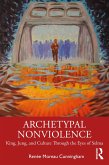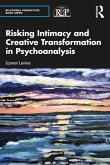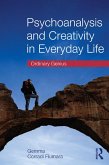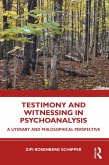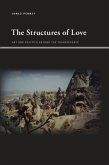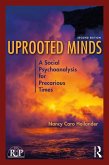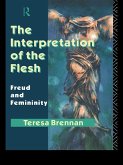This is a book about choices-the choices we make that shape our Experience, Expression, and Intimacy. These choices determine the nature of what our life is and what it will be. Based on decades of clinical practice, teaching, and writing, The Polarities of Experience is a series of deeply personal philosophical reflections by psychoanalyst Richard Rubens on dealing with the realities of our world and the people in it.
Aimed at any intelligent, thoughtful reader, The Polarities of Experience is an exploration of how the ability to remain close to the immediacy of experience determines the direction our life moves. The closer to reality the direction of our choices, the more positive and meaningful our life becomes; the further we retreat from reality into the direction of depression, aggression, inequality, or authoritarianism, the more diminished life becomes. This book explores ten Polarities-spectrums along which our choices position us. Once we understand them, these Polarities enable us to improve our choices and generate positive change in the life we create.
Can we accept the loss that comes with growth and change, or do we retreat into depression? Do we positively express our selfhood, or do we become aggressive? Can we be intimate, or must we avoid it by substituting power, abuse, dependence, or deceit? Do we accept our freedom and the responsibility that goes with it, or do we run to authoritarianism? Can we accept the novelty and mixed nature of the world and the separateness of people in it, or must we distort in ways that prevent us from growing and becoming healthy and mature?
The Polarities of Experience provides numerous personal examples which bring life and clarity to the book's philosophical ideas. Seasoned psychoanalysts will find useful and novel approaches to familiar concepts; those with no background in psychology will find a fascinating introduction to sophisticated ways of thinking about relationships and the meaning of being an individual in the world. The Polarities of Experience will lead you to a more positive and creative understanding of self-assertion in the world, intimacy in relationships, and healthy personal functioning.
Aimed at any intelligent, thoughtful reader, The Polarities of Experience is an exploration of how the ability to remain close to the immediacy of experience determines the direction our life moves. The closer to reality the direction of our choices, the more positive and meaningful our life becomes; the further we retreat from reality into the direction of depression, aggression, inequality, or authoritarianism, the more diminished life becomes. This book explores ten Polarities-spectrums along which our choices position us. Once we understand them, these Polarities enable us to improve our choices and generate positive change in the life we create.
Can we accept the loss that comes with growth and change, or do we retreat into depression? Do we positively express our selfhood, or do we become aggressive? Can we be intimate, or must we avoid it by substituting power, abuse, dependence, or deceit? Do we accept our freedom and the responsibility that goes with it, or do we run to authoritarianism? Can we accept the novelty and mixed nature of the world and the separateness of people in it, or must we distort in ways that prevent us from growing and becoming healthy and mature?
The Polarities of Experience provides numerous personal examples which bring life and clarity to the book's philosophical ideas. Seasoned psychoanalysts will find useful and novel approaches to familiar concepts; those with no background in psychology will find a fascinating introduction to sophisticated ways of thinking about relationships and the meaning of being an individual in the world. The Polarities of Experience will lead you to a more positive and creative understanding of self-assertion in the world, intimacy in relationships, and healthy personal functioning.
Dieser Download kann aus rechtlichen Gründen nur mit Rechnungsadresse in A, D ausgeliefert werden.



